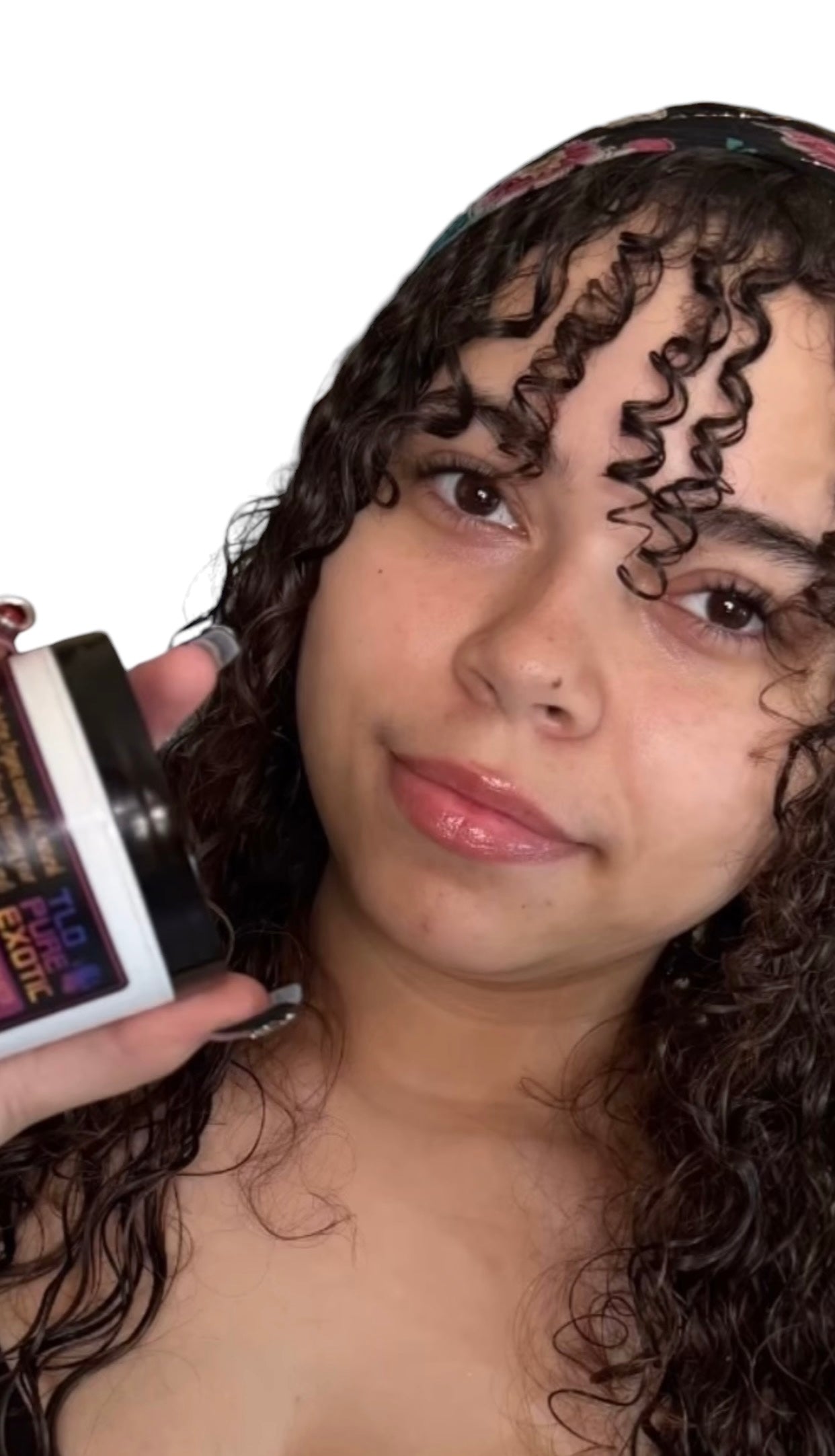
Browse our products
Shop nowAbout us
At TLD Pure Exotic our mission is deeply rooted to create a loving and holistic self care experience.
Our products are designed to help you create moments of tranquility and rejuvenation in your daily life. Our low PUFA products don’t oxidize on your skin which promotes aging. We offer a wide range of solutions to various skin related problems as eczema, skin sensitivity, and premature aging.
Our journey is inspired by the memory of our beloved son. We aim to honor his spirit and legacy with TLD Pure Exotic a blissful skincare business that transcends the ordinary.
Exotic Bundles
-
Elegant Escape Essentials
Regular price $100.00 USDRegular priceUnit price / per$119.00 USDSale price $100.00 USDSale -
Total Tranquility Trio
Regular price $55.00 USDRegular priceUnit price / per$61.00 USDSale price $55.00 USDSale -
 Sale
SaleButter Bliss Bundle
Regular price $90.00 USDRegular priceUnit price / per$105.00 USDSale price $90.00 USDSale -
 Sale
SalePure Paradise Pack
Regular price $75.00 USDRegular priceUnit price / per$92.00 USDSale price $75.00 USDSale
Stay Ahead with SMS-Only Discounts and News!
Thanks for subscribing! We'll send you a message shortly.
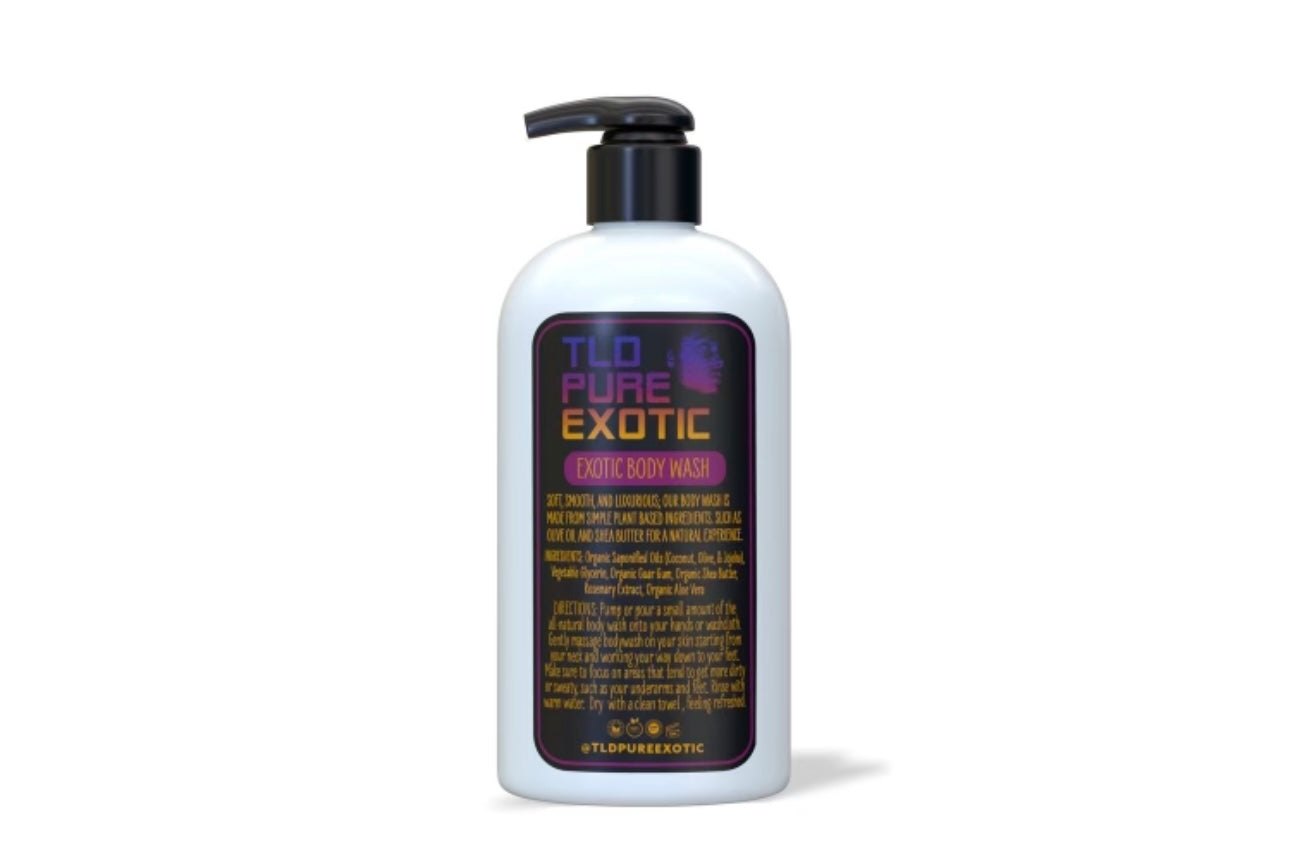
Exotic Body Wash
Regular price
$17.00 USD
Regular price
Sale price
$17.00 USD
Unit price
/
per
Shipping calculated at checkout.
Share
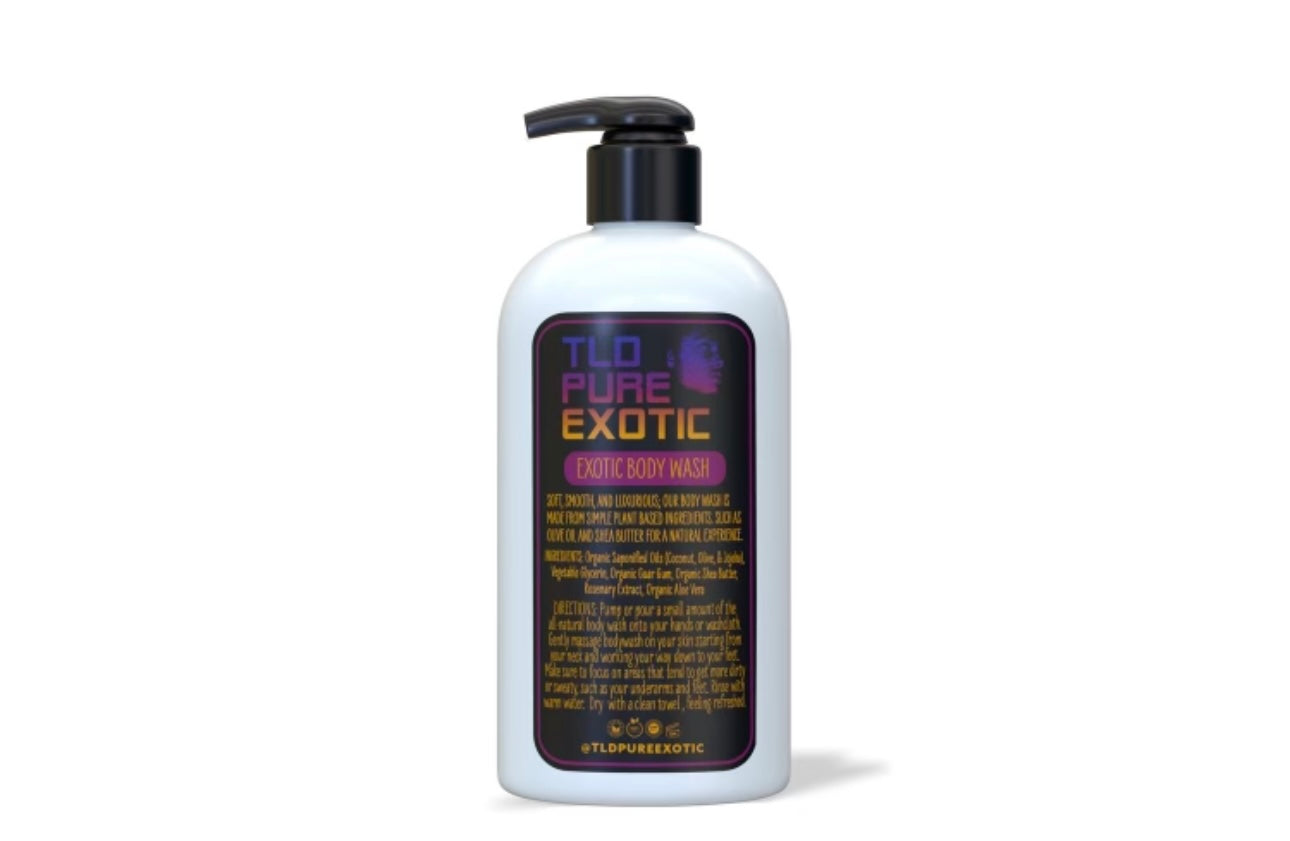
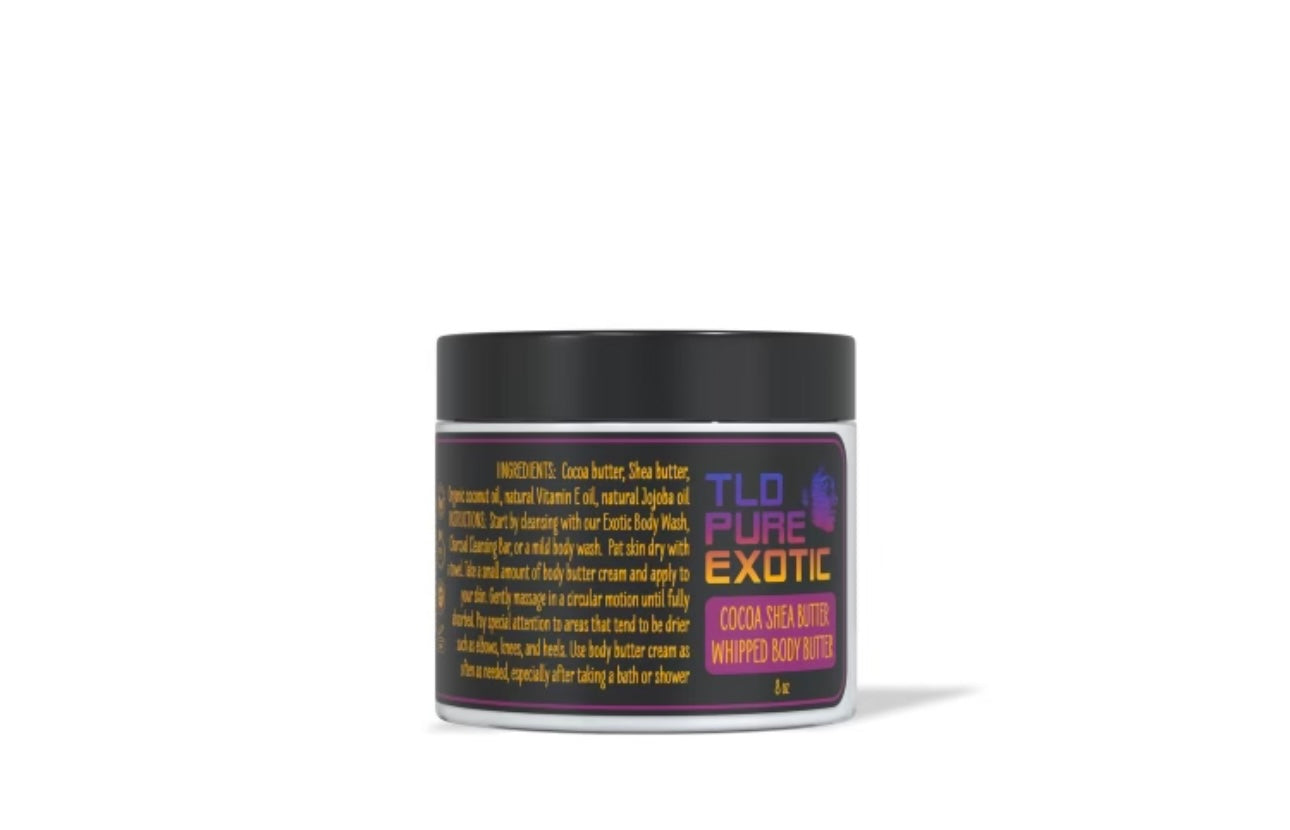
Cocoa Shea Whipped Body Butter 8oz
Regular price
$28.00 USD
Regular price
Sale price
$28.00 USD
Unit price
/
per
Shipping calculated at checkout.
Share
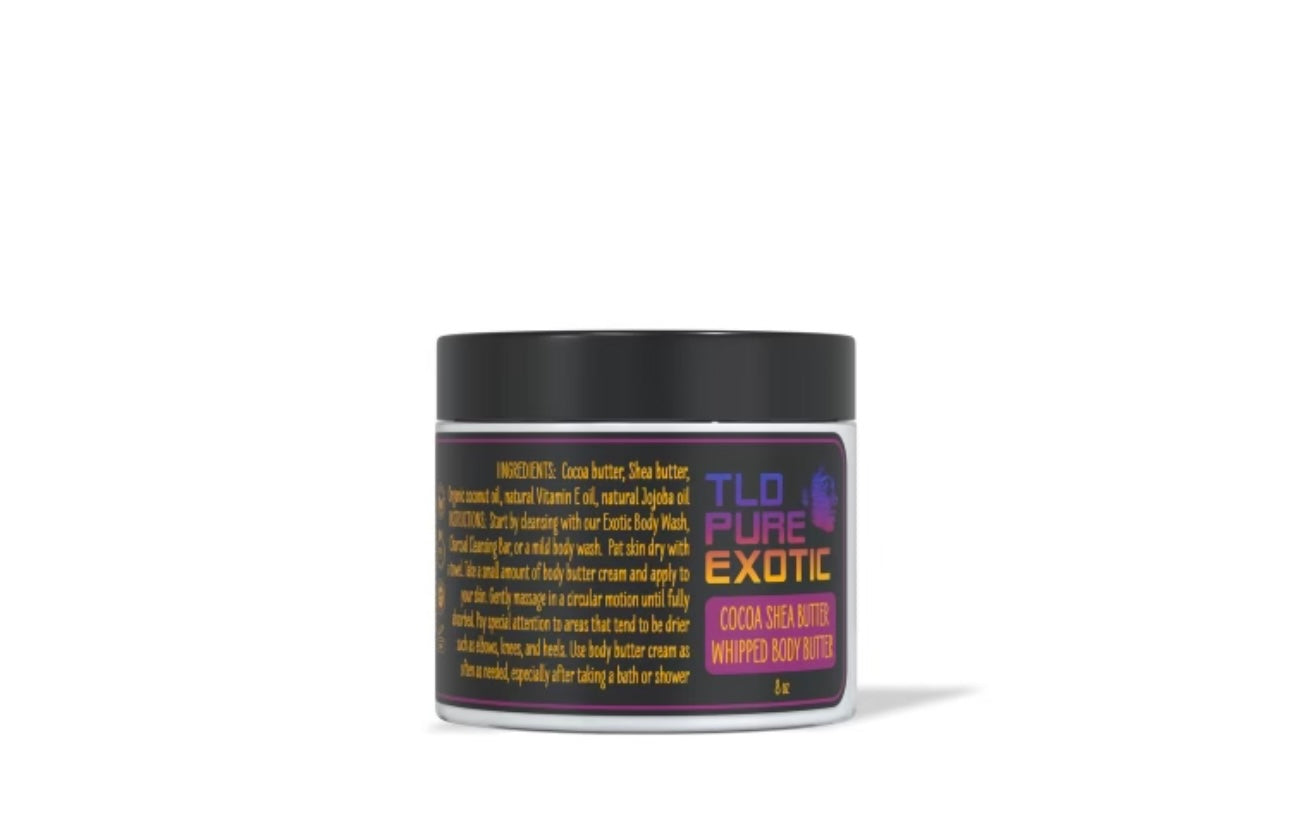
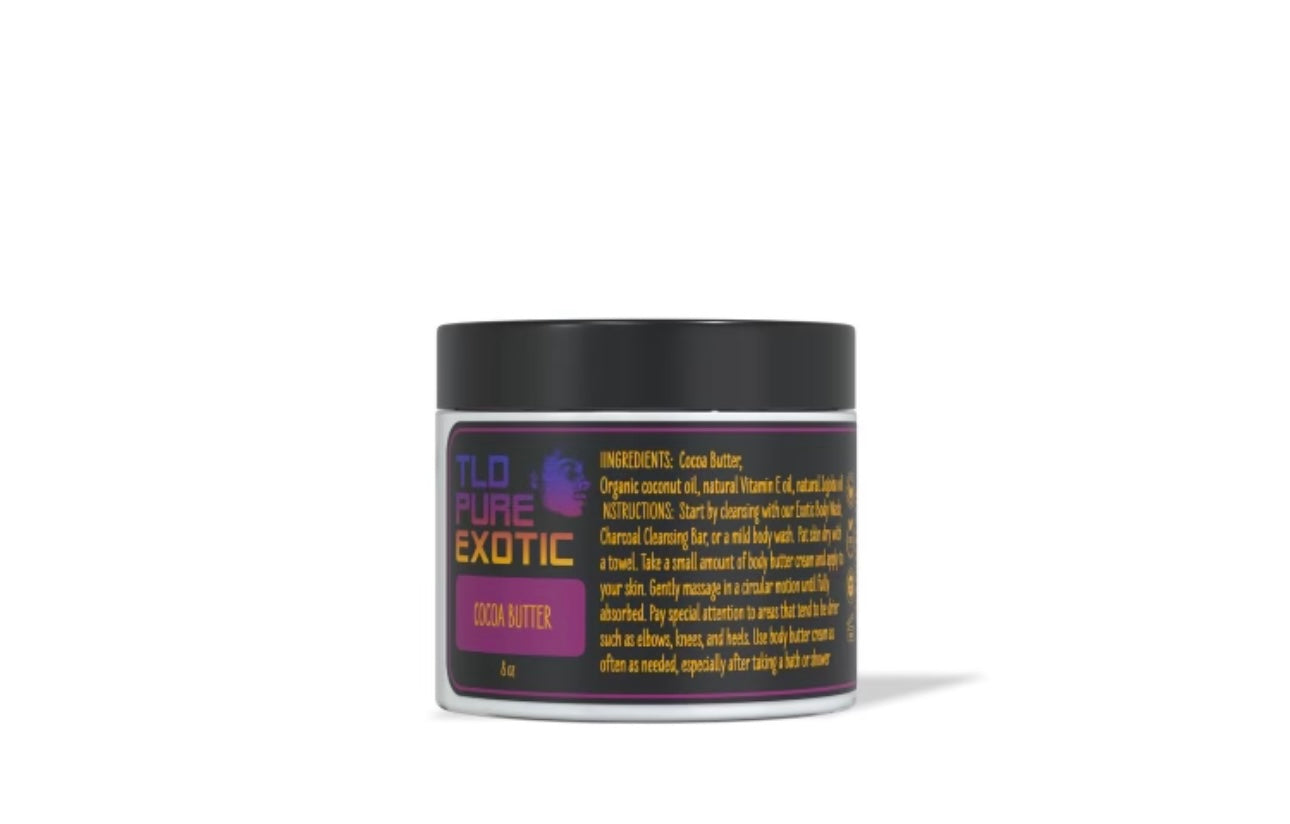
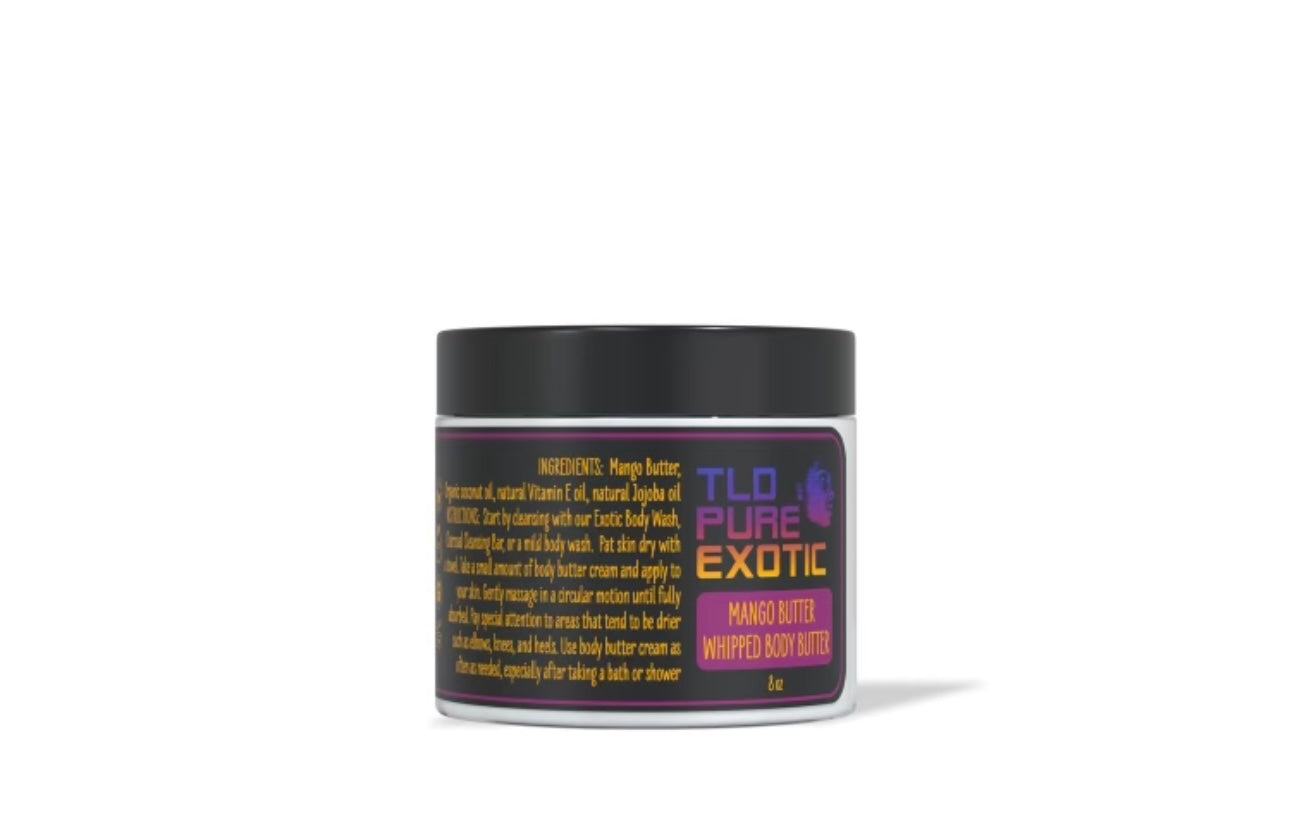
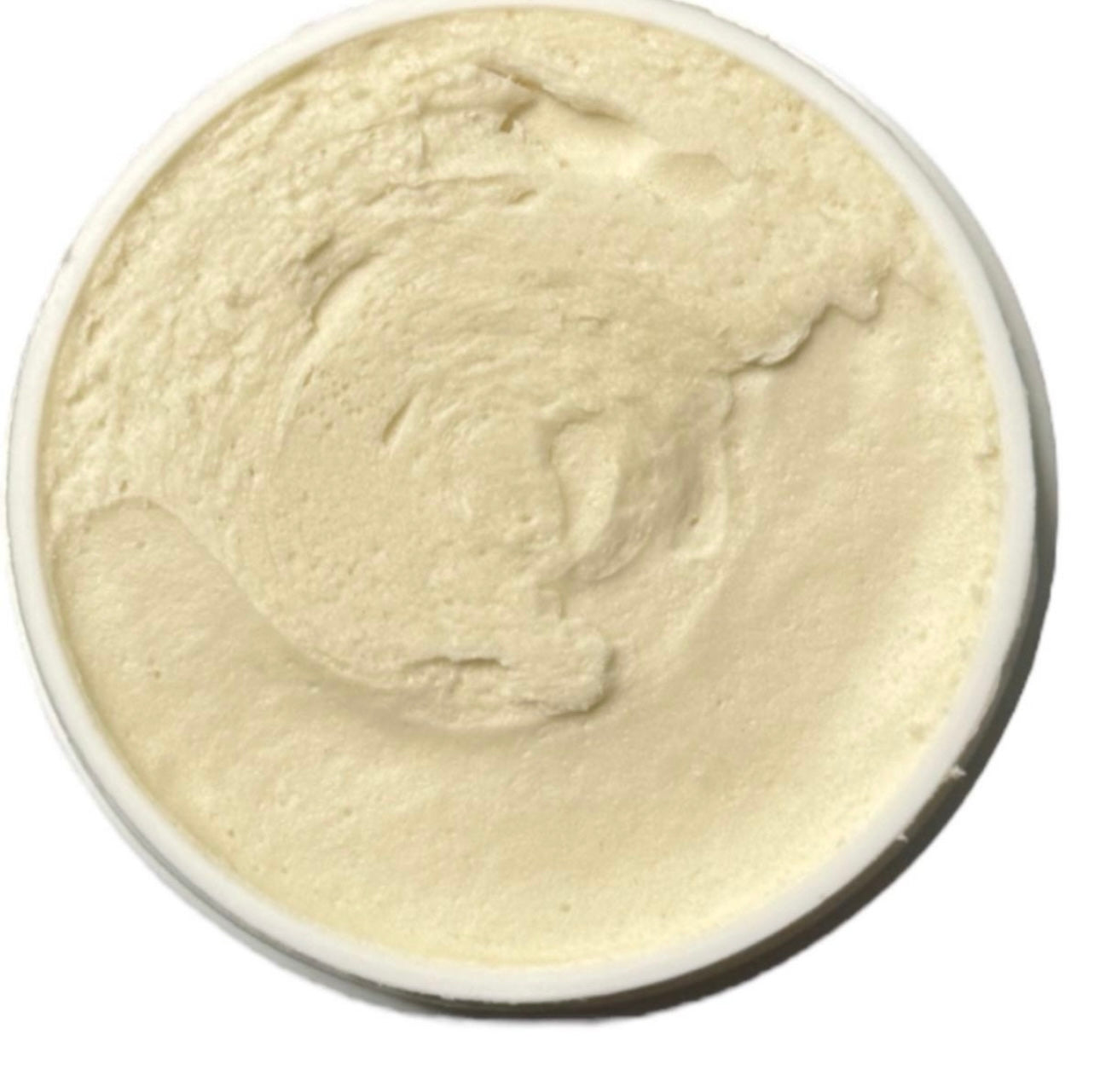
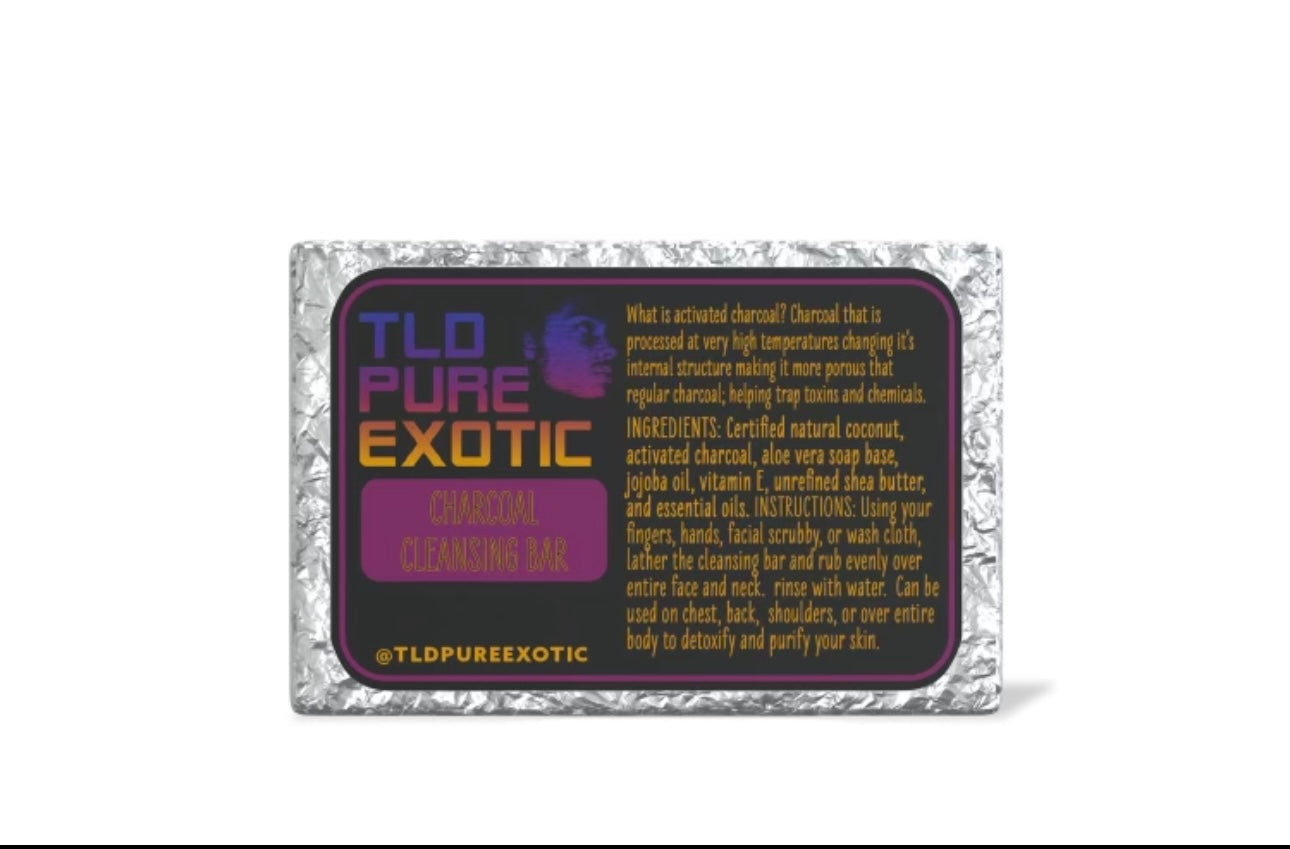
Charcoal Cleansing Bar
Regular price
$12.00 USD
Regular price
Sale price
$12.00 USD
Unit price
/
per
Shipping calculated at checkout.
Share
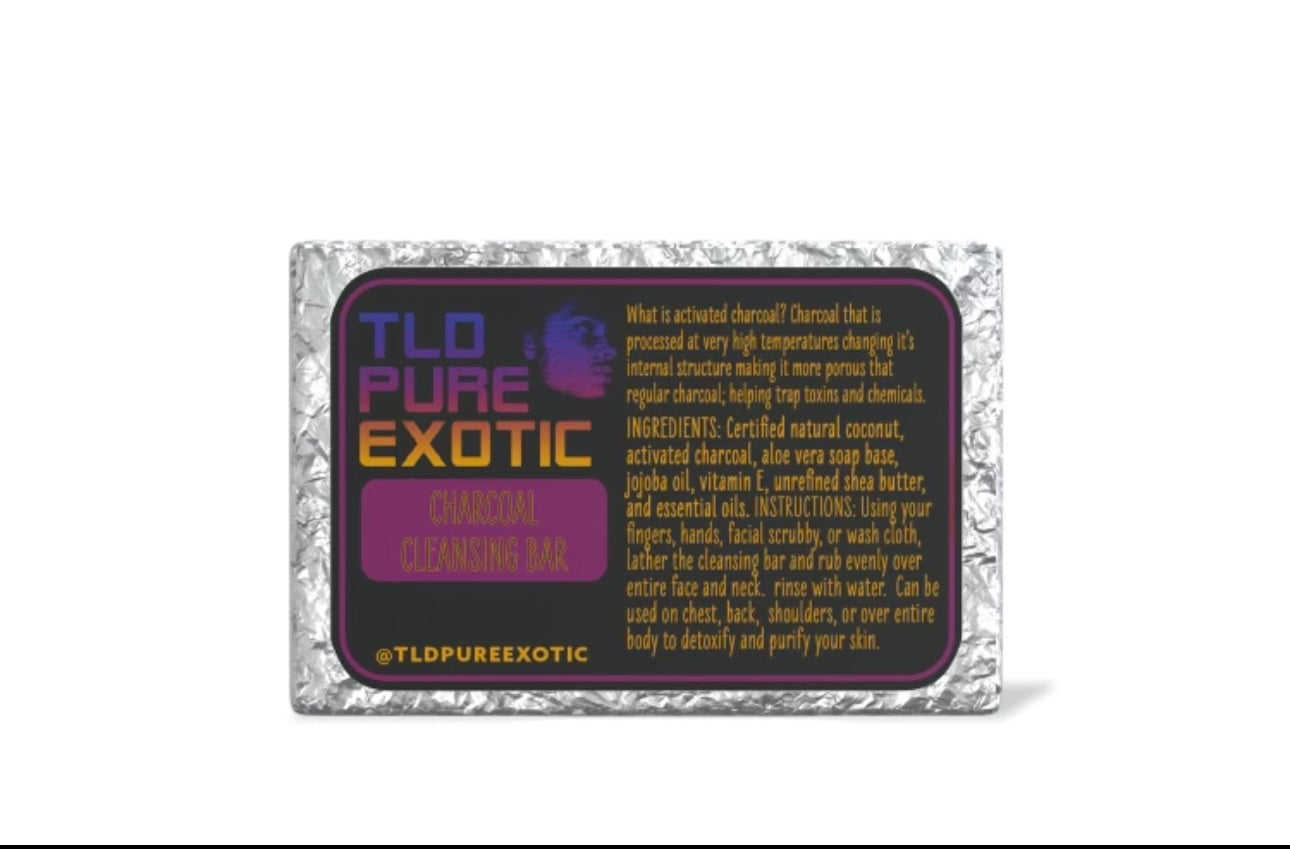
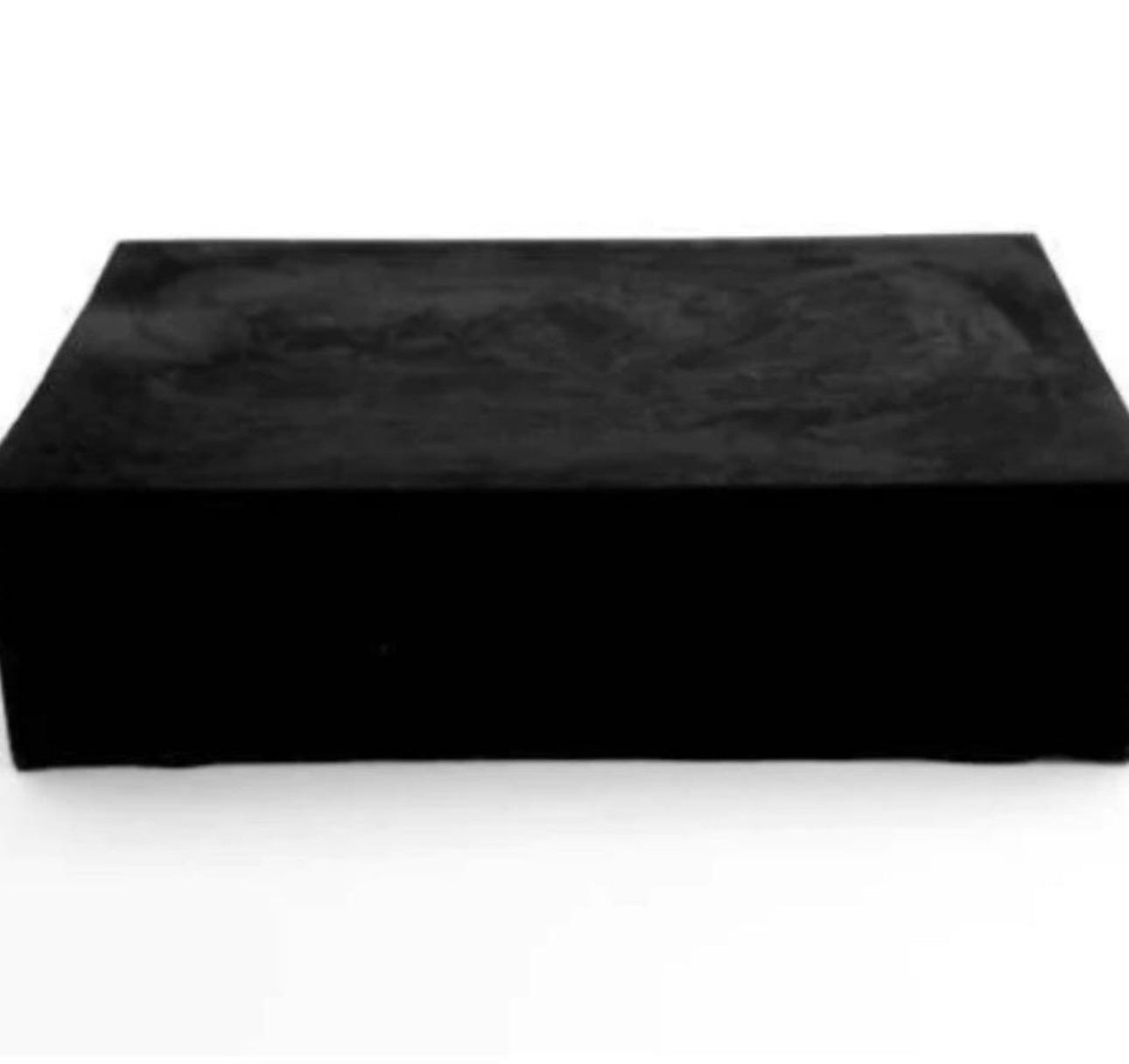
What are PUFAs
PUFA (Polyunsaturated Fats)
All fats are comprised of 3 types of fatty acids: saturated (SFA), monounsaturated (MUFA) and polyunsaturated (PUFA).
PUFAS are also called seed oils, Linoleic acid, omega 6, polyunsaturated fats.
Fatty acids can be classified according to their number of double bonds.
1 Saturated Fats (SFA) the most stable to consume and use on our skin. With a complete chain, they stay intact, and equally keep the health of your skin intact. Made up of strong single bonds, saturated fats are less penetrable to oxygen and light, and better able to withstand heat.
2 Monounsaturated Fats (MUFA) has mostly stable single bonds like saturated oils, while also containing one double bond. This double bond can be weakened by exposure to oxygen, temperature and light over time. Well kept monounsaturated fats are healthy and beneficial for our skin and health.
3 Polyunsaturated Fats (PUFA) are made up of multiple double bonds. Unlike monounsaturated fat, they have more than one double bond. The more double bonds, the more susceptible to oxygen, temperature and light degradation. When oxygen, heat and light react with double bonds in unsaturated fatty acids, it results in lipid peroxidation.
When using oils singly, it's wise to avoid those with 10% or more PUFA
So what are PUFAs, and why are they dangerous?
PUFAs can lead to sagging, wrinkles, and premature aging of the skin.
By utilizing low PUFA skincare products you can have confidence that it won't undergo oxidation when exposed to oxygen, light, or high temperatures, preventing the formation of harmful lipid peroxidation on your skin resulting in redness, swelling, and peeling of the skin. This reaction is the primary cause of sunburn.
Moreover, sunlight-induced oxidation of polyunsaturated fats also triggers their reaction with iron, leading to the formation of lipofuscin, commonly known as age spots or liver spots which is a dark brown pigment. These spots tend to increase with age, highlighting the adverse impact of PUFAs on skin health when exposed to sunlight.
Seed oils sensitize the skin to ultraviolet exposure; in animal experiments, the presence of seed oils caused skin to wrinkle from UV exposure. Inflammation, cancer and other age-related changes are promoted by their breakdown products, and their conversion to prostaglandins."
Dr. Ray Peat
All fats are comprised of 3 types of fatty acids: saturated (SFA), monounsaturated (MUFA) and polyunsaturated (PUFA).
PUFAS are also called seed oils, Linoleic acid, omega 6, polyunsaturated fats.
Fatty acids can be classified according to their number of double bonds.
1 Saturated Fats (SFA) the most stable to consume and use on our skin. With a complete chain, they stay intact, and equally keep the health of your skin intact. Made up of strong single bonds, saturated fats are less penetrable to oxygen and light, and better able to withstand heat.
2 Monounsaturated Fats (MUFA) has mostly stable single bonds like saturated oils, while also containing one double bond. This double bond can be weakened by exposure to oxygen, temperature and light over time. Well kept monounsaturated fats are healthy and beneficial for our skin and health.
3 Polyunsaturated Fats (PUFA) are made up of multiple double bonds. Unlike monounsaturated fat, they have more than one double bond. The more double bonds, the more susceptible to oxygen, temperature and light degradation. When oxygen, heat and light react with double bonds in unsaturated fatty acids, it results in lipid peroxidation.
When using oils singly, it's wise to avoid those with 10% or more PUFA
So what are PUFAs, and why are they dangerous?
PUFAs can lead to sagging, wrinkles, and premature aging of the skin.
By utilizing low PUFA skincare products you can have confidence that it won't undergo oxidation when exposed to oxygen, light, or high temperatures, preventing the formation of harmful lipid peroxidation on your skin resulting in redness, swelling, and peeling of the skin. This reaction is the primary cause of sunburn.
Moreover, sunlight-induced oxidation of polyunsaturated fats also triggers their reaction with iron, leading to the formation of lipofuscin, commonly known as age spots or liver spots which is a dark brown pigment. These spots tend to increase with age, highlighting the adverse impact of PUFAs on skin health when exposed to sunlight.
Seed oils sensitize the skin to ultraviolet exposure; in animal experiments, the presence of seed oils caused skin to wrinkle from UV exposure. Inflammation, cancer and other age-related changes are promoted by their breakdown products, and their conversion to prostaglandins."
Dr. Ray Peat




